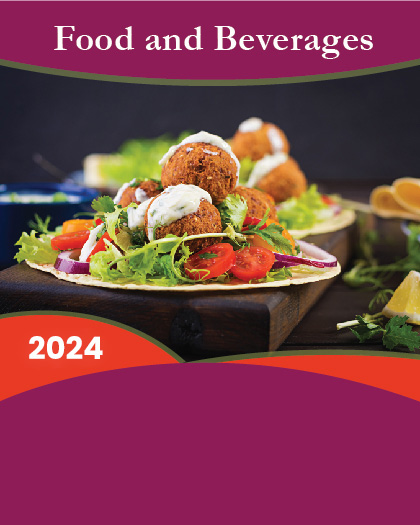
Tequila is a regional specific name for a distilled beverage made from the blue agave plant, primarily in the area surrounding the city of Tequila, 65 km (40 mi) northwest of Guadalajara, and in the highlands (Los Altos) of the north western Mexican state of Jalisco. Although tequila is a kind of mezcal, modern tequila differs somewhat in the method of its production, in the use of only blue agave plants, as well as in its regional specificity. Tequila varieties are only allowed to use the term if they are manufactured in specific regions of Mexico.
Currently, Mexico is the only origin of tequila. Tequila is the most important type of wine in Mexico. Tequila is the symbol of Mexican national spirit, and Mexico is the second largest consumer countries of tequila.
The United States is the largest consumer of Tequila. In addition, the US demand for tequila is increasing year by year. Spain and Chinese demand for tequila is increasing at a high rate.
Tequila has very strict requirements for raw materials. A mature blue agave requires a minimum of eight years, which limits the total production of tequila.
According to this study, over the next five years the Tequila market will register a 4.1% CAGR in terms of revenue, the global market size will reach USD 5910 million by 2024, from USD 4660 million in 2019. In particular, this report presents the global market share (sales and revenue) of key companies in Tequila business, shared in Chapter 3.
This report presents a comprehensive overview, market shares, and growth opportunities of Tequila market by product type, application, key manufacturers and key regions and countries.
This study considers the Tequila value and volume generated from the sales of the following segments:
Segmentation by product type: breakdown data from 2014 to 2019, in Section 2.3; and forecast to 2024 in section 11.7.
100% Tequila
Mixto Tequila
Segmentation by application: breakdown data from 2014 to 2019, in Section 2.4; and forecast to 2024 in section 11.8.
Corporate Hospitality
Government Reception
Family Dinner
Other
This report also splits the market by region: Breakdown data in Chapter 4, 5, 6, 7 and 8.
Americas
United States
Canada
Mexico
Brazil
APAC
China
Japan
Korea
Southeast Asia
India
Australia
Europe
Germany
France
UK
Italy
Russia
Spain
Middle East & Africa
Egypt
South Africa
Israel
Turkey
GCC Countries
The report also presents the market competition landscape and a corresponding detailed analysis of the major vendor/manufacturers in the market. The key manufacturers covered in this report: Breakdown data in in Chapter 3.
Jose Cuervo
Sauza
Patr?n
Juarez
1800 Tequila
El Jimador Family
Don Julio
Familia Camarena Tequila
Herradura
Zarco
Cazadores
Cabo Tequila
Milagro
Margaritaville
Clase Azul
Avion Tequila
1921 Tequila
4 Copas
Corzo
El Agave Artesanal
Tequila Arette
Don Eduardo
Agave Dos Mil
Aha Toro
Buen Amigo
Campo Azul
Cascahuin Distillery
Compa?ia Tequilera de Arandas
Centinela
Hacienda La Capilla
Dos Lunas Tequila
In addition, this report discusses the key drivers influencing market growth, opportunities, the challenges and the risks faced by key manufacturers and the market as a whole. It also analyzes key emerging trends and their impact on present and future development.
Research objectives
To study and analyze the global Tequila consumption (value & volume) by key regions/countries, product type and application, history data from 2014 to 2018, and forecast to 2024.
To understand the structure of Tequila market by identifying its various subsegments.
Focuses on the key global Tequila manufacturers, to define, describe and analyze the sales volume, value, market share, market competition landscape, SWOT analysis and development plans in next few years.
To analyze the Tequila with respect to individual growth trends, future prospects, and their contribution to the total market.
To share detailed information about the key factors influencing the growth of the market (growth potential, opportunities, drivers, industry-specific challenges and risks).
To project the consumption of Tequila submarkets, with respect to key regions (along with their respective key countries).
To analyze competitive developments such as expansions, agreements, new product launches, and acquisitions in the market.
To strategically profile the key players and comprehensively analyze their growth strategies.
























